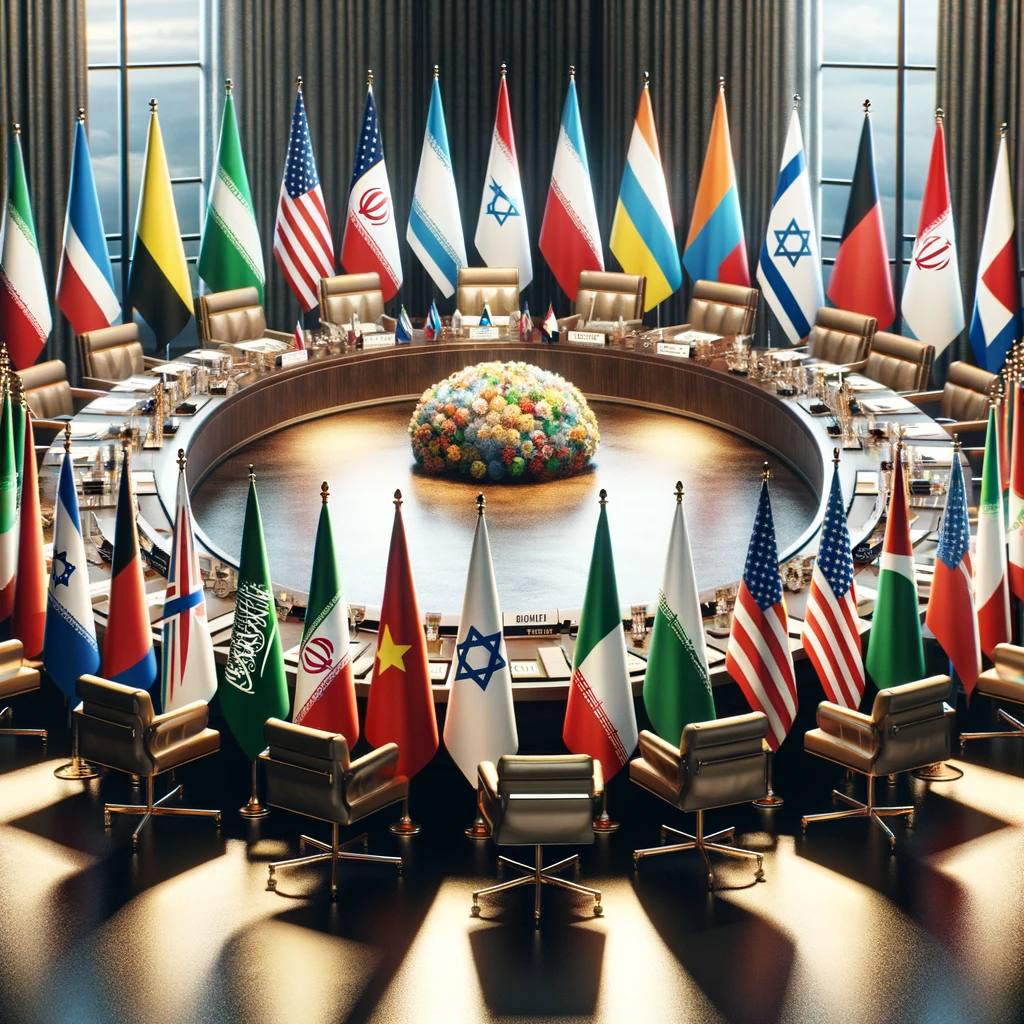The Middle East is witnessing a new wave of diplomatic activities as regional countries and global powers seek to address ongoing conflicts and economic issues through dialogue and cooperation, aiming to bring long-term stability to this strategically crucial area.
Overview of Recent Diplomatic Initiatives
In recent months, there has been a noticeable increase in diplomatic engagements aimed at resolving long-standing regional disputes and fostering economic partnerships. Nations such as Saudi Arabia, Iran, and Israel, alongside global stakeholders like the USA and the European Union, are actively participating in these peace-promoting initiatives.
Key Diplomatic Movements
- Saudi-Iran Dialogue: After years of tensions, Saudi Arabia and Iran are taking tentative steps towards dialogue, mediated by international actors. These talks could potentially ease regional conflicts, including the war in Yemen and disputes in Syria.
- Abraham Accords Expansion: Initiated by the US, the Abraham Accords are seeing new developments, with more countries expressing interest in joining this treaty, which aims to normalise relations between Israel and various Arab nations.
- Syrian Conflict Resolution Efforts: Global and regional powers are converging on diplomatic solutions to the Syrian crisis, which has caused widespread devastation and a humanitarian disaster.
Economic Implications
The diplomatic initiatives are not solely focused on political and territorial disputes; they also aim to forge stronger economic ties that can benefit the entire region. Investments in infrastructure, energy, and technology are being discussed to not only rebuild war-torn areas but also to create sustainable growth and development.
Challenges to Diplomatic Success
While the renewed diplomatic efforts are a positive sign, several challenges remain:
- Entrenched Interests: Long-standing rivalries and the strategic interests of both regional and global powers complicate negotiations.
- Internal Politics: Domestic politics in countries like Iraq and Lebanon can destabilise consensus and impede diplomatic progress.
- External Influences: International actors sometimes have conflicting interests, which can affect the consistency and effectiveness of diplomatic efforts.
Future Prospects
The path to peace and stability in the Middle East is fraught with complexities, but the current diplomatic efforts hold promise. Success will depend on sustained engagement, flexibility in negotiations, and the genuine will of all parties to resolve their differences.
Conclusion
Renewed diplomatic efforts in the Middle East represent a critical step towards a more stable and prosperous region. While challenges remain, the ongoing dialogue and cooperation offer a hopeful outlook for resolving conflicts and building lasting partnerships.
